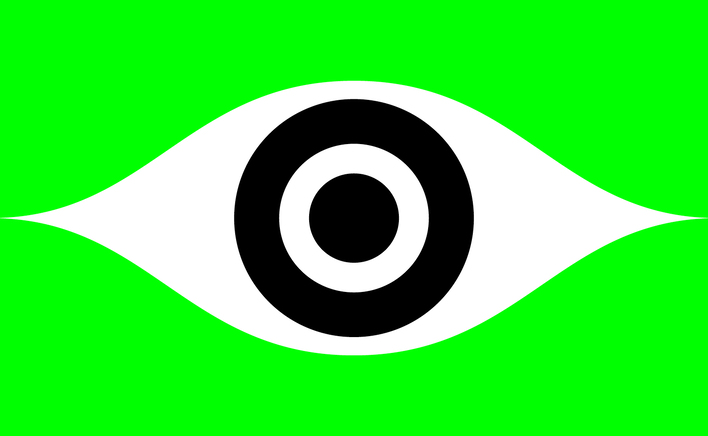
In 2022, after two years marked by the pandemic, Porto/Post/Doc returned with a clear goal: to reconnect with its audience in cinemas. Since its inception in 2014, the festival has aimed to energise the city centre with an intense film programme, initially in partnership with Cinema Trindade and, in 2022, also marking the reopening of Batalha Centro de Cinema. The growing diversity of the city’s cultural offer has reinforced our responsibility as programmers and contributed to the consolidation of new habits in film consumption.
The experience of lockdown deeply changed the way we watch films, making audience development more urgent than ever. We strengthened our commitment to younger generations, aware that cinema must remain an accessible, popular, and formative language.
The ninth edition took place from 17 to 26 November, with screenings at Coliseu do Porto, Cinema Trindade, Cinema Passos Manuel and Maus Hábitos, the festival’s headquarters. The opening was held at the Coliseu, with the national premiere of Hallelujah: Leonard Cohen, A Journey, A Song, evoking the musical memory of different generations.
The programme featured bold and challenging films, selected through a collective and thoughtful process. The competitive sections – International, Cinema Falado, Cinema Novo and Transmission – continued to highlight strong authorial voices, socially and politically engaged. We believe that cinema remains a powerful tool for resistance and revelation.
The programme We, the Revolution focused on Hungarian cinema, with works by Márta Mészáros and Miklós Jancsó, reflecting on history, myth and collective memory. The retrospective dedicated to Sierra Pettengill centred on the politics of archival images and their role in shaping perceptions of past and present.
The educational project developed along two axes: year-round workshops in schools in Porto and Greater Porto, and school screenings during the festival, attended by dozens of student groups. Student participation also included the Teenage Jury, the Microcosmos family workshop, and the Cinema Novo competition, which showcased new Portuguese-speaking filmmakers.
Mental health was a central theme in the Neurodiversity section, featuring five films that gave visibility to stories of neurodiverse individuals and the complexities of mental illness.
Programmes such as Europa 61, Cinefiesta, and New Talents – this year focusing on Switzerland – underlined the diversity of cinematic forms and themes. The Industry section facilitated meetings between professionals from France, Spain and Portugal, encouraging co-productions and the development of new projects.
The festival also continued Working Class Heroes, now in its second year – a programme inviting filmmakers to create new works based on untold stories of Porto’s working class, the protagonists of cultural and social transformation.
Together, we celebrated cinema as both an art form and a space for encounter. A memorable edition, lived intensely in the city’s cinemas.